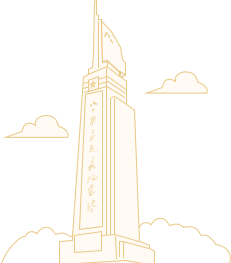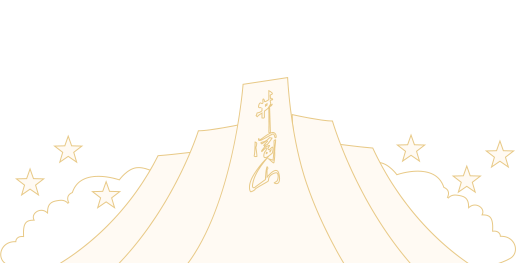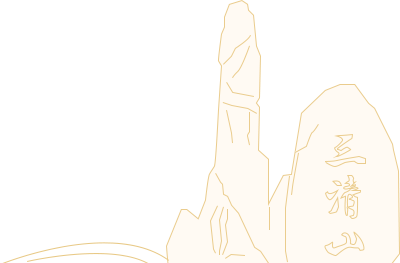China Traditional Chinese Medicine News
Xinglin culture, marked by the spirit of Dong Feng's apricot grove, is the collective embodiment of beliefs, values, and behavioral norms consciously cultivated and adhered to by generations of physicians through long-term medical practice. It integrates the ideological, material, and professional aspects of TCM culture, serving as an extension of Qihuang culture.
Origin and Connotation of Xinglin Culture
Dong Feng, the progenitor of Xinglin culture, is renowned alongside Zhang Zhongjing of Nanyang and Hua Tuo of Qiaojun as one of the “Three Divine Physicians of Jian’an”. The term “Xinglin” (apricot grove) originates from the story of Dong Feng treating patients without accepting payment. Biographies of Immortals: Dong Feng records: “Dong Feng lived in the mountains without farming, treating patients daily without accepting payment. Those cured of serious illnesses planted five apricot trees, and those with minor ailments planted one. Over years, this resulted in over 100,000 trees, forming a lush grove.” Due to Dong Feng's exceptional medical skills and noble character, he treated patients without payment, only requesting that those cured of minor ailments plant one apricot tree and those cured of serious illnesses plant several, gradually forming an apricot grove over time. Later generations of physicians regarded Dong Feng as a role model, taking pride in being “people of the apricot grove” and praising “the warmth of the apricot grove spring”. The term “Xinglin” became synonymous with TCM culture, with its spirit embodied in four aspects: benevolence in saving lives, harmonious medical philosophy, excellence in medicine, and integrity in benefiting the people.
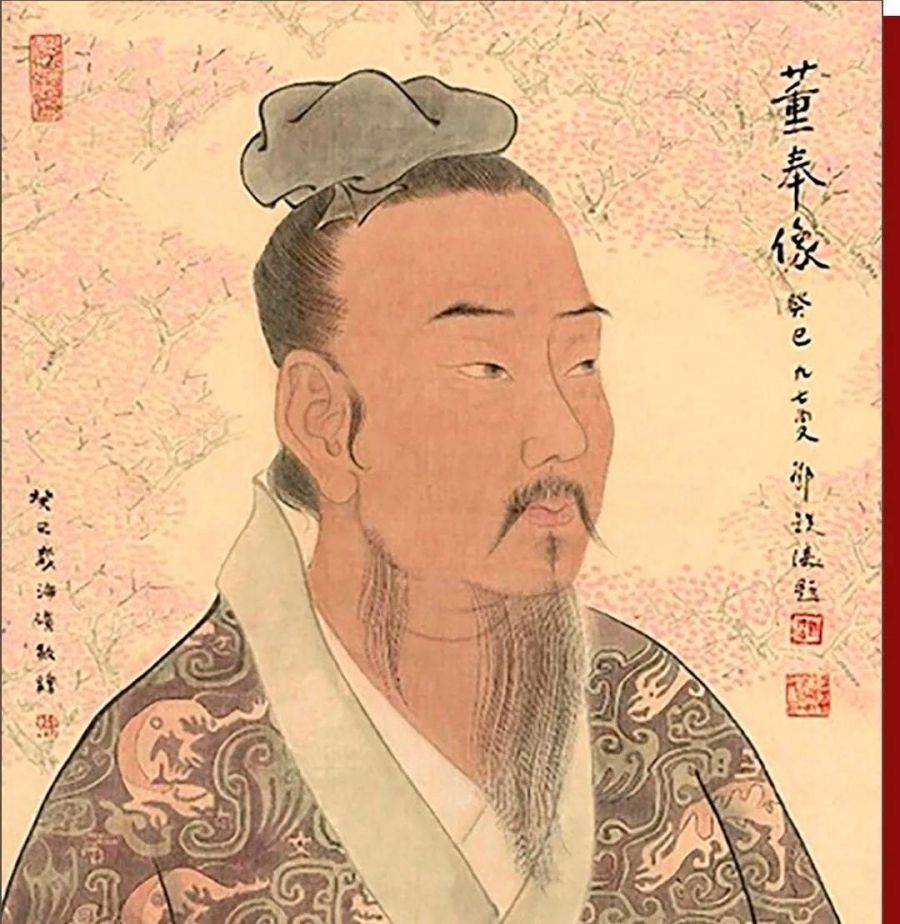
1. Benevolence in Saving Lives Benevolence is the highest moral standard and realm in Chinese traditional culture. The “benevolence of physicians” is rooted in compassion and empathy, respecting and cherishing life. Medicine is not only a science of life but also embodies rich philosophical thought and humanistic care. Thus, ancient renowned physicians emphasized both exceptional medical skills and moral cultivation. As the progenitor of Xinglin, Dong Feng treated the world's people with a heart of benevolence, earning admiration and reverence. The millennia-old anecdotes “Tigers Guarding the Apricot Grove” and “Removing a Fishbone from a Tiger's Throat” vividly illustrate this spirit. Biographies of Immortals: Dong Feng records that Dong Feng's apricot grove was guarded by fierce tigers. According to the ancient saying “high virtue subdues dragons and tigers”, even dragons and tigers submit to those of lofty morality. While practicing medicine in Jiangxi's Lushan, a sudden drought caused crops to wither and people to suffer. County Magistrate Ding Shiyan, hearing of Dong Feng's enlightened status, invited him to pray for rain. Moved by his sincerity, Dong Feng accepted, and by dusk, rain fell, to the great joy of the local people. These anecdotes reflect Dong Feng's profound benevolence and compassion, a key reason for the enduring legacy of Xinglin culture.
2. Harmonious Medical Philosophy Through his understanding of Daoist life principles, Dong Feng integrated medicine with Daoism, blending the Daoist concept of “returning to simplicity” with TCM's holistic view of “harmony between heaven and humanity”. This is manifested in the natural view of unity between heaven and humanity, the social view of harmony between self and others, the health view of balanced Yin-Yang, and the treatment view of achieving moderation through regulation. In the apricot grove, humans coexist harmoniously with birds and beasts, social ethics are orderly, and doctor-patient relationships are amicable, embodying the harmonious ideal of human-nature, human-society, and human-human interactions, aligning closely with TCM's “heaven-human unity” model. The “harmonious medical philosophy” is a hallmark of Xinglin culture. Through his insight into Daoist thought, Dong Feng created a harmonious lifestyle akin to a “small state with few people,” reflecting the traditional integration of medicine and Daoism, and contributing to chapters of “social harmony” and “natural harmony.”
3. Excellence in Medicine Medicine is a matter of utmost precision and subtlety. Biographies of Immortals records Dong Feng's medical case: “Shi Xie, Governor of Jiaozhou, died of poisoning and had been dead for three days. Dong Feng, present at the time, administered three medicinal pills into his mouth, irrigated with water, and had someone lift and shake his head to dissolve them. Soon, his limbs began to move, his complexion gradually returned, he could sit up within half a day, and speak after four days.” Dong Feng's medical expertise was so refined that he handled severe and critical illnesses with ease, possessing extraordinary skills to revive the dead. After arriving in Lushan, Dong Feng observed frequent external and internal ailments among locals and used local resources, incorporating apricots into medicine. He prescribed almond decoction to open orifices and warm Yang for asthma, almond jade cream for external application to dispel wind and detoxify for eczema, and medicinal baths with apricot bark and roots for skin diseases, demonstrating his ingenious and flexible use of medicine through oral, topical, and bath therapies.
4. Integrity in Benefiting the People Integrity is the eternal theme of Xinglin culture, with physicians' integrity meaning sincere and wholehearted service to patients. Biographies of Immortals records that Dong Feng “lived in the mountains without farming, treating patients daily without accepting payment.” Dong Feng consistently benefited the people, living in the mountains for years, treating patients without taking any payment, only requesting they plant apricot trees. The grains obtained from selling apricots were used to aid disaster relief or support travelers. Dong Feng's self-managed apricot sales are a significant manifestation of Xinglin culture's “integrity”. Each year when the apricots ripened, a straw warehouse was set up in the grove with a notice: “Those wishing to buy apricots need not inform Dong Feng; simply place a container of grain in the warehouse and take a container of apricots.” This barter system relied entirely on the integrity and self-discipline of participants. Integrity also transcends personal grievances in medical ethics. Dong Feng treated patients without giving up, even in severe or critical cases, prioritizing their psychological well-being by offering assurances like “you will recover soon” and careful instructions like “avoid wind exposure”, embodying the sincerity of a great physician and profoundly reflecting the Xinglin spirit.
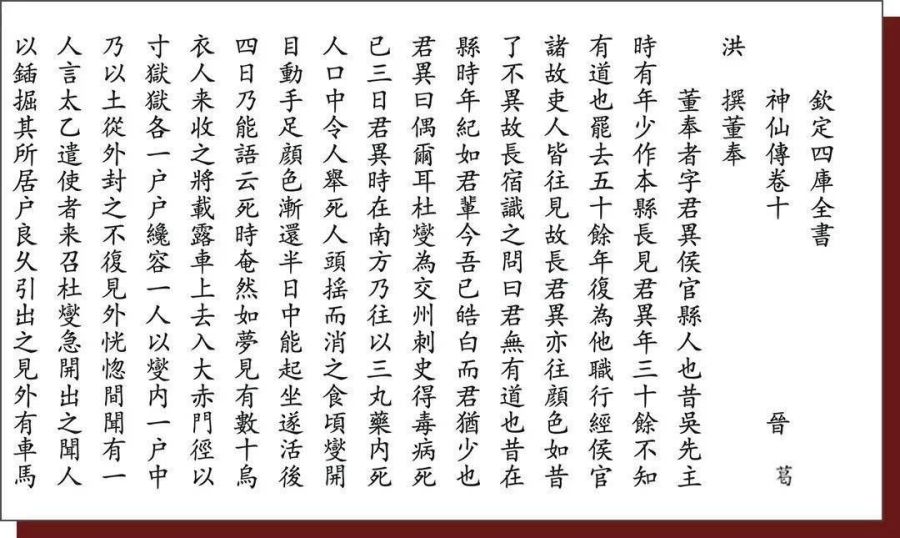
Thoughts on the Development of Xinglin Culture
1. Deep Excavation and Organization, Comprehensive and Systematic Verification. Currently, information on Dong Feng's life stories and medical practice mainly comes from anecdotes, folk legends, and descriptions by literati, without forming complete, accurate, and unified biographical data. Research on Xinglin culture lacks verified historical materials, with supporting classics being scattered and scarce, making it difficult to support a more comprehensive and in-depth interpretation of its spiritual connotations. The study of Xinglin culture lacks integration with Jiangxi local culture and connection with the inheritance and development of TCM culture, specifically manifested in incomplete knowledge or insufficient elaboration of its historical status, era background, regional characteristics, and main influences on later generations of physicians. Through in-depth excavation of relevant literature, further refine Dong Feng's biography and contributions to more fully and authentically present the historical appearance of Xinglin culture, and more profoundly and clearly expound its core essence. At the same time, broaden perspectives by organically integrating Xinglin culture research with Yangtze River culture, Lushan culture, Nankang medical culture, and Yujiang medical culture, to more deeply excavate and interpret Xinglin culture.
2. Integrate into Ideological and Political Education, Cultivate Medical Ethics and Style. Xinglin culture contains abundant wisdom and ideological essence in medical ethics, style, and philosophy, expressing the ideal of ancient Chinese physicians' benevolence in saving the world and integrity for the people, and embodying the people's aspirations for kinship, kindness, sincerity, trust, moderation, and harmony. Therefore, integrating Xinglin culture into medical teaching practice reform aligns with the Party's educational policies and helps improve the humanistic qualities and moral cultivation of medical students and healthcare workers. TCM institutions can promote Biographies of Immortals: Dong Feng as a physician biography for study, adapt anecdotes like Dong Feng's “Praying for Rain in a Thatched Hut” and “Tigers Guarding the Apricot Grove” into TCM-themed dramas, and use diverse educational methods to promote the dissemination of Xinglin culture.
3. Reconstruct Xinglin Sites, Integrate with Cultural Industries. The Xinglin site is a key cultural relic protection unit in Lushan City; vigorously promoting its reconstruction will help fully excavate and inherit the spirit of Xinglin culture. First, based on restoring and constructing the China Xinglin Site Park, integrate cultural industry content, combine local medical characteristics, and focus on building it into a TCM pilgrimage site, TCM health preservation destination, TCM research and study base, Lushan Xinglin cultural tourism health base, Lushan TCM health industry cluster, and global TCM development exchange hub; Second, integrate Xinglin culture with the TCM industry, vigorously develop industry clusters in medical ethics and style, medical pharmaceuticals, medical tourism, general health, high-end think tank forums, TCM education, and Xinglin culture; Furthermore, encourage young people, especially TCM university students, to actively participate in the development of Xinglin cultural creative industries, enhancing its influence among youth through Xinglin cultural creative products and entrepreneurial activities.
4. Polish Local Calling Cards, Build Cultural Brands. Xinglin culture is a brilliant pearl in Yangtze River culture. Carefully build the “Xinglin Culture” brand, strengthen its dissemination and popularization, construct the Dong Feng Xinglin Culture Park, hold Xinglin Culture Festivals, establish Xinglin cultural academic exchange platforms, and polish the Lushan local calling card. Actively conduct multilateral and bidirectional exchange activities for Xinglin culture, publish research books and periodicals on Xinglin culture internationally, and dispatch outstanding cultural scholars to lecture abroad; hold international forums on Xinglin culture inheritance, innovation, and development in Lushan, regularly organize TCM-themed film screenings, attract domestic and international TCM culture enthusiasts, shape a lovable and respectable image of Xinglin culture, enhance Lushan's cultural influence, and support the international dissemination of TCM culture.
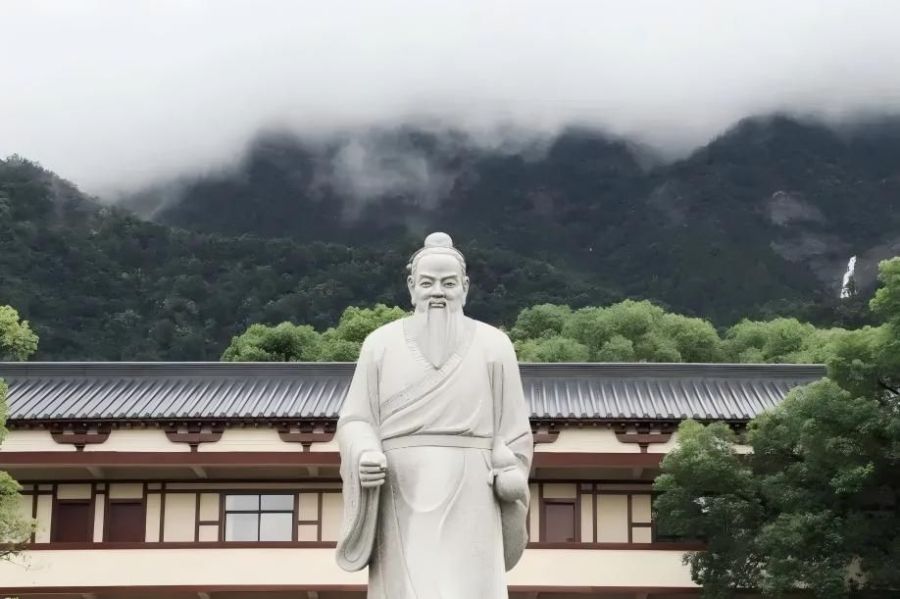
Xinglin culture has significant cultural and industrial value; research on Xinglin culture not only enriches Lushan culture but also helps elevate the dissemination of Jiangxi local culture and has important value for the national construction of medical ethics and style. In the future, more in-depth research on Xinglin culture is still needed to excavate its true essence and make Xinglin culture flourish once again.

